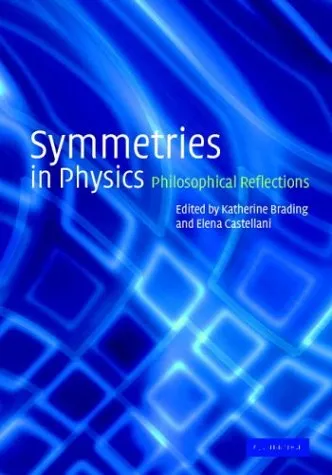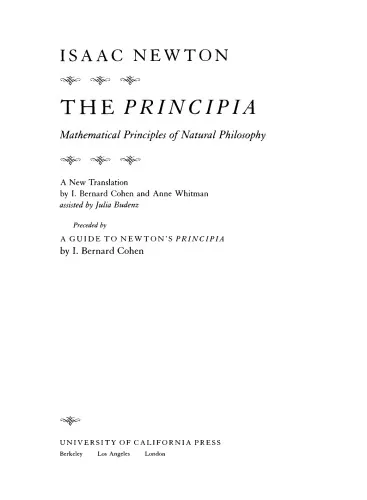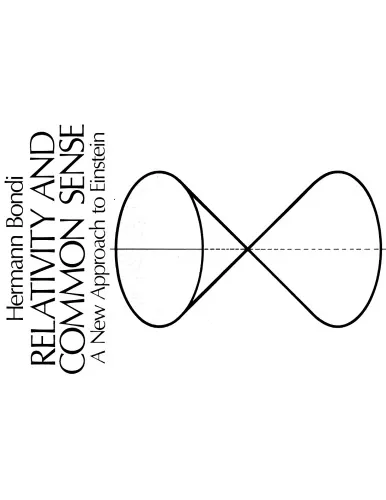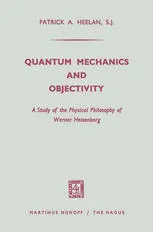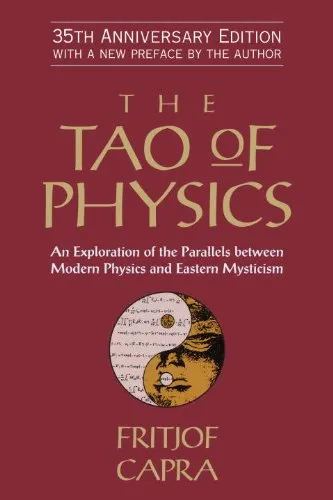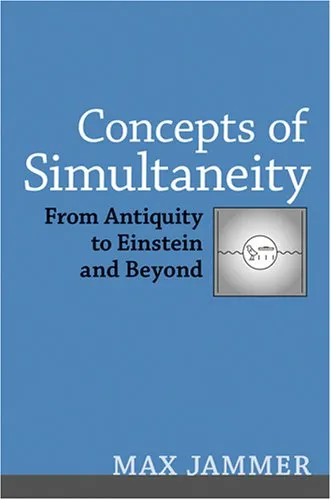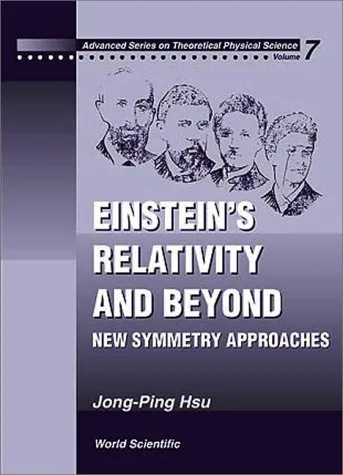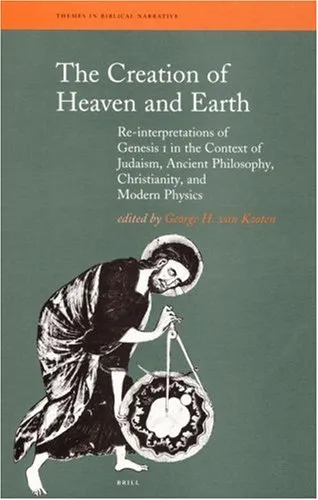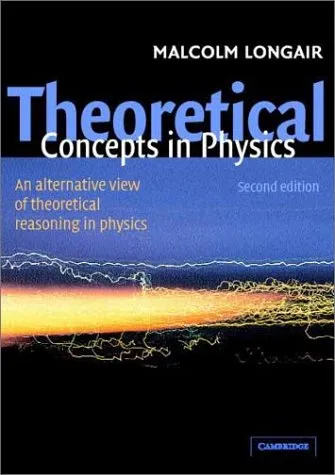Symmetries in Physics: Philosophical Reflections
4.5
Reviews from our users

You Can Ask your questions from this book's AI after Login
Each download or ask from book AI costs 2 points. To earn more free points, please visit the Points Guide Page and complete some valuable actions.Related Refrences:
Introduction to "Symmetries in Physics: Philosophical Reflections"
"Symmetries in Physics: Philosophical Reflections" is a profound and thought-provoking exploration of the philosophical underpinnings of symmetry principles in the physical sciences. Co-authored by Katherine Brading and Elena Castellani, this book provides an interdisciplinary perspective on the concept of symmetry, weaving together insights from physics, philosophy, and history to examine the central role symmetry plays in our understanding of the natural world. Written for scholars, students, and curious readers alike, the book grapples with complex and essential questions: What does symmetry mean in the context of modern physics? How do symmetries inform theoretical frameworks and experimental practice? And, more broadly, what philosophical insights can we derive from symmetry principles about the scientific endeavor as a whole?
Symmetry, a concept deeply rooted in human reasoning and aesthetics, finds a profound expression in the development of physical theories. This book delves into the philosophical implications of symmetries, not as mere mathematical tools, but as fundamental structures of physical law and metaphysical thought. With a rich interdisciplinary approach, the authors discuss key advances in physics, such as the advent of gauge symmetries, Noether's theorem, and their implications for the nature of reality, offering a nuanced perspective for readers intrigued by the relationship between physics and philosophy.
Summary of the Book
The book begins by exploring symmetry in its classical origins, discussing its relevance in geometry, art, and early scientific thought. From its historical grounding, the authors transition into the modern utilization of symmetry in physics, delving into its significance in theories like quantum mechanics, relativity, and particle physics. Each chapter provides a focused examination of major questions and themes, such as the difference between exact and broken symmetries, the foundational aspects of Noether's theorem, and the intricate relationship between physical symmetries and conservation laws.
The authors also dedicate significant discussion to gauge theories and their philosophical implications, explaining how symmetry principles are central to the construction of modern field theories, including the Standard Model of particle physics. Beyond technical discussions, the book reflects on the broader metaphysical and epistemological consequences of symmetry, challenging readers to reconsider traditional views about scientific realism, the nature of physical laws, and the limits of human understanding.
By combining rigorous technical analysis with thoughtful philosophical inquiry, "Symmetries in Physics: Philosophical Reflections" bridges the gap between science and philosophy, encouraging a richer understanding of the conceptual framework that governs physical theories.
Key Takeaways
- Symmetry is not just an aesthetic ideal; it is a profound structural feature of physical laws that has shaped modern physics.
- Noether's theorem demonstrates a deep connection between symmetries and conservation laws, marking a turning point in theoretical physics.
- Gauge symmetries play a foundational role in modern physics, underpinning central theories like electrodynamics and quantum field theory.
- Philosophical inquiry into symmetry reveals important questions about the nature of scientific explanation and the metaphysical status of physical laws.
- Understanding symmetry provides a unique lens through which to examine the limits and possibilities of scientific knowledge.
Famous Quotes from the Book
"Symmetry is not merely a property of physical systems; it is a principle that informs the very structure of the physical laws we uncover."
"Noether's theorem captures an extraordinary insight: conservation principles arise not from the substance of nature, but from the sameness of its description."
"A study of symmetry in physics is ultimately a study of patterns in thought and the universe—revealing as much about ourselves as about the cosmos."
Why This Book Matters
The significance of "Symmetries in Physics: Philosophical Reflections" lies in its ability to transcend disciplinary boundaries, offering valuable insights to both physicists and philosophers. At a time when fundamental questions about the nature of reality and the validity of scientific theories are becoming increasingly prominent, this book provides a meticulously reasoned analysis of one of the most central concepts in modern physics. Symmetry principles, as discussed in the book, are not merely technical tools but gateways to understanding the very fabric of the universe.
Moreover, the book serves as an important resource for anyone interested in the intersection of philosophy and science, demonstrating how these disciplines can mutually enrich and deepen our understanding of reality. For readers seeking answers to complex scientific and philosophical questions, this text is both challenging and rewarding, making it a crucial addition to any library dedicated to the philosophy of physics or the history and philosophy of science.
By providing both technical clarity and philosophical depth, this book invites readers to rethink the role of symmetry in shaping our scientific worldview, ultimately reinforcing the idea that philosophy and physics are inseparable in the quest for knowledge.
Free Direct Download
You Can Download this book after Login
Accessing books through legal platforms and public libraries not only supports the rights of authors and publishers but also contributes to the sustainability of reading culture. Before downloading, please take a moment to consider these options.
Find this book on other platforms:
WorldCat helps you find books in libraries worldwide.
See ratings, reviews, and discussions on Goodreads.
Find and buy rare or used books on AbeBooks.
1279
بازدید4.5
امتیاز0
نظر98%
رضایتReviews:
4.5
Based on 0 users review
Questions & Answers
Ask questions about this book or help others by answering
No questions yet. Be the first to ask!
